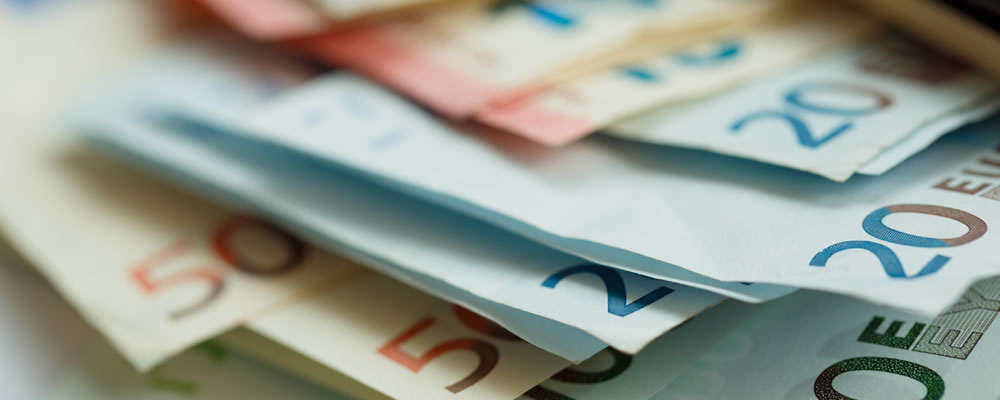Euro US Dollar (EUR/USD) Exchange Rate Wobbles on Poor Data and Tepid Market Mood
The Euro US Dollar (EUR/USD) exchange rate wavered this morning as the Euro (EUR) faces pressure following some poor German data.
Meanwhile, a lukewarm market mood and lack of US data left the US Dollar (USD) unable to press the advantage.
Euro (EUR) Dented by Worrying German Data
After initially rising this morning, the Euro then slipped back down against the US Dollar. The downside came following some troubling data out of Germany.
German factory orders unexpectedly shrank in April, printing at -2.7%. Economists had expected orders to grow by 0.3%.
This is the third consecutive contraction in factory orders as Europe’s largest economy faces multiple challenges. The Russia-Ukraine war has caused significant disruption for German manufacturers, as have soaring energy prices, supply-chain disruption and recent Covid lockdowns in China.
However, expectations of a hawkish tone from the European Central Bank (ECB) at its meeting on Thursday may be preventing serious EUR losses. The ECB is likely to signal that its tightening cycle will start in July.
US Dollar (USD) Subdued amid Neutral Market Mood
Meanwhile, the US Dollar seems unable to capitalise on the Euro’s troubles today amid a lack of USD trading impetus.
Market sentiment isn’t offering the safe-haven currency much support as risk appetite seems neutral, with the FTSE 100 and STOXX 600 moving sideways.
In addition, there is a lack of market-moving US data due out today. This may also be contributing to USD’s apparent lethargy.
Euro US Dollar Exchange Rate Forecast: Risk Appetite in Focus
For the remainder of the day, risk appetite could well be the deciding factor in EUR/USD.
If market sentiment sours, then the US Dollar could rise. If the mood improves, the Euro may gain the upper hand.
Additionally, any news from the Russia-Ukraine conflict might impact the currency pair. Recently, tensions seem to be rising between Russia and the EU. The Eurozone economy is particularly vulnerable to the fallout of the war, mainly due to surging energy costs. Any more negative headlines could hurt the single currency.
